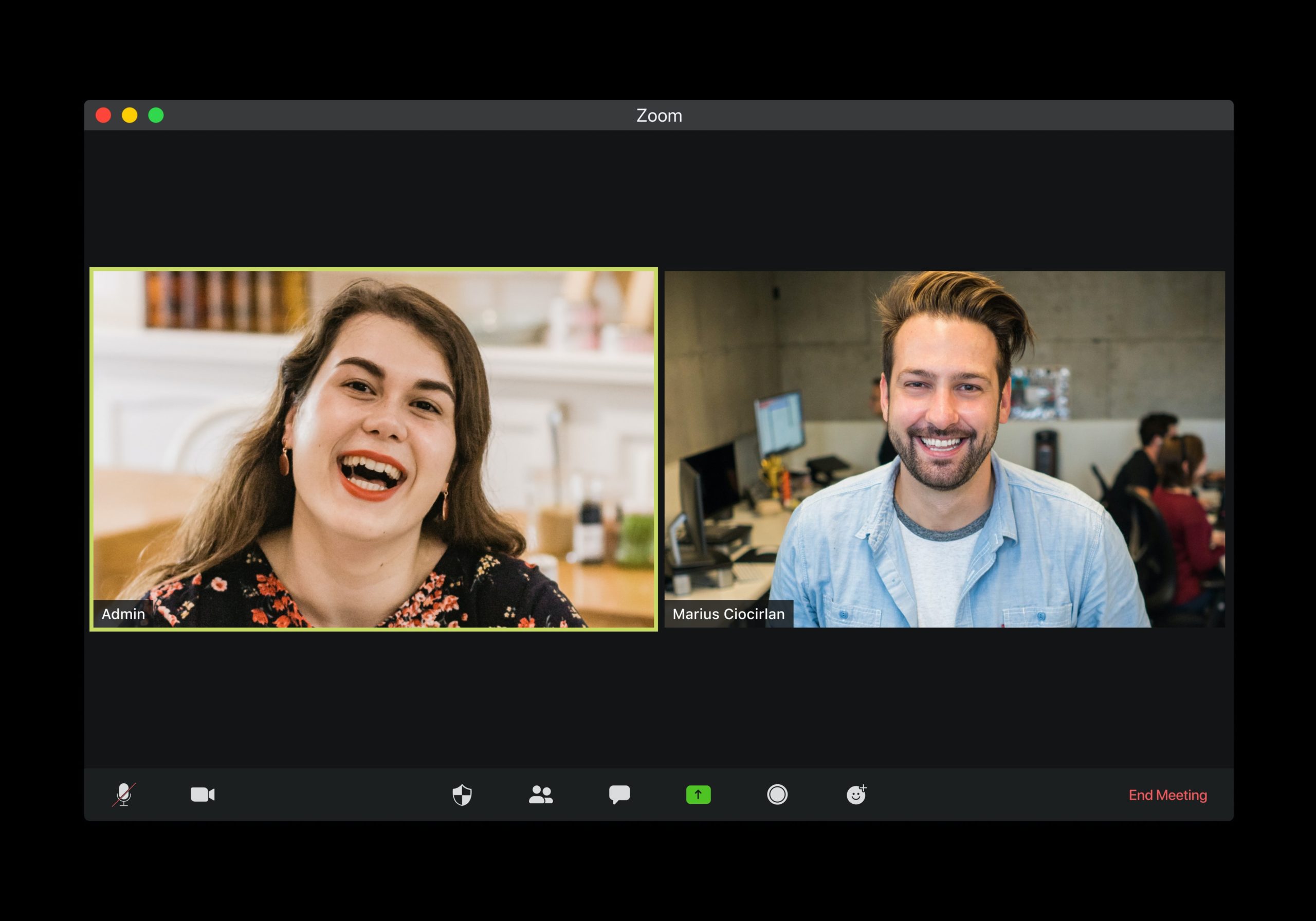Getting media trained and feeling ready for those important interviews and press moments is crucial to ensure you’re always calm and on message. You never want to be that person – unable to turn on their microphone or turn off the beach vacation background in the middle of an interview or be the spokesperson who said all the wrong things!
And not all mediums are created equal. It’s important that you’re ready for all different formats by taking media training, which you can further understand the meaning of in our previous blog post .
2022 is the year of developing a visual profile to your brand, and interviews are important in building that online profile. A profile developed over time, and with care helps to create trust with your audience and plays a vital role in forging real business impact online.
In order to prepare yourself to avoid awkward media moments, we have some tips catering to different media channels for you to better prepare. In this week’s blog we will go through what you need to know for each medium, such as radio, television, and zoom, to better explain why media training is beneficial:.
- Radio
When dealing with radio, there’s a few things to consider before starting the interview. You need to ensure you have a strong phone connection and access to clear, well placed microphone, allowing your message throughout the interview to be interruption free and concise. You should speak clearly, slowly, and annunciate your words, remembering to pause in between your sentences.
By doing this you can ensure that the entirety of your message is being relayed correctly. Throughout media training you can be taught how to properly articulate yourself and make sure that your message is in line with your key points.
It’s also best to allocate at least ten minutes prior to the interview refresh on your three key message so you can clearly convey these throughout the interview. Keep these on hand so you can keep them top of mind when answering the questions. The earlier you get them in, the better, so you can relax and enjoy the rest of the interview!
2. Television
Preparing yourself for television has some similar key points as per radio above – you need to prepare what you wish to say and how you want it relayed to the audience.
You must understand the key messages of your topic enough that your expertise comes through , and you sound natural when talking to the host. Your PR Agency will help with your media training on how to keep key messages short and concise, aiming for 3-5 messages on your topic at absolute most.
Knowing your audience will be beneficial, and by doing some research ahead of time, you can discover what the news outlets’ viewers and audience are interested in, assisting you to keep the audience engaged. Anticipate hard questions that you think are unlikely to come up, your PR Agency should prepare you on how to handle these types of questions in your media training and how to succinctly respond. Don’t be afraid to control the interview, even if you are being asked the questions, you should always remain calm and take it where you want it to go. Maintain your composure to assist you to achieve your desired outcome.
Your appearance is important here. Colours you should avoid wearing on television are white, black, or red, and stripes or patterns. White glows under the TV lights and becomes the most stand out point on the screen. Black is too harsh and takes all the light, and red bleeds on a camera and becomes too distracting. And stripes in particular look blurry on screen. If you click the image below you can see some further tips on what to wear for a TV interview.
3. Zoom
Since the pandemic, zoom is included as a main channel where interviews are conducted. Some things you should consider prior to the interview is to test out your internet connection, find the quietest place to sit the interview, and ensure your microphone and camera are working well. When turning your camera on for the interview you should check that the clothing you have chosen are suitable for the lighting, and that your background is professional. If it isn’t, you might want to consider using a virtual background.
Media training can help you better prepare for an online interview and your PR Agency can also assist when talking about issues that may arise during a zoom interview. Media training and running through the likely scenario before an online interview is beneficial and leaves you better prepared for success.
Camera positioning is also important while being interviewed, you should check the way your camera is facing, or your laptop stance prior to sitting for the interview. The camera should be positioned at eye level, and having the camera straight on as if you are sitting across from someone at a table, ensures that your head is not cut off and the top of your torso and shoulders are in shot. Sometimes this might require you to use some books to prop the laptop up higher and further away but it makes the view clearer and also helps to elevate your voice.
If you would like more tips and tricks for media training, you can find more information on one of our previous blog posts.
Looking for some more advice on how to successfully conquer interviews on all the relevant media channels? You can follow our media training blog series, or you can contact us about our media training services and have a chat with a member of our team on how we can help you feel ready for your next media appearance.
For further information, please contact the Agent99 team today.
By Agent Claire
